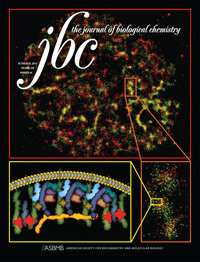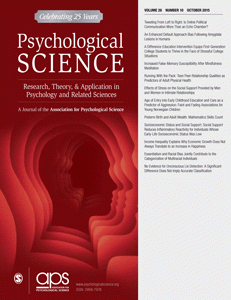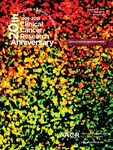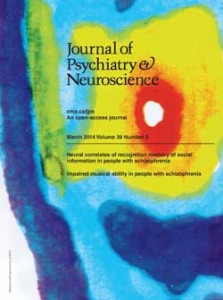
We’ve just learned what sparked a University of Illinois at Chicago investigation that recently concluded a child psychiatrist had committed misconduct: An “unanticipated event during a study,” which halted three studies and resulted in a letter sent out to 350 research subjects.
Earlier this week, we reported that an investigation at the University of Illinois at Chicago found “a preponderance of evidence” that child psychiatrist Mani Pavuluri had committed misconduct. The university told the U.S. Department of Health and Human Services about the investigation in 2013. The findings of the investigation led the university to request the retractions of three papers, one of which has been pulled so far, for not properly disclosing how much medication children had received outside the study.
Today, we found out what prompted the university to launch that investigation, courtesy of a statement from a spokesperson: Continue reading Child psych studies halted for “unanticipated event,” sparking misconduct investigation




 An investigation at the University of Illinois at Chicago has found “a preponderance of evidence” that a psychiatrist who has received millions of dollars in federal funding has committed misconduct.
An investigation at the University of Illinois at Chicago has found “a preponderance of evidence” that a psychiatrist who has received millions of dollars in federal funding has committed misconduct.
 An open-access journal with a speedy peer review process has been having some issues with a retracted article on the biology of sex addiction.
An open-access journal with a speedy peer review process has been having some issues with a retracted article on the biology of sex addiction.
